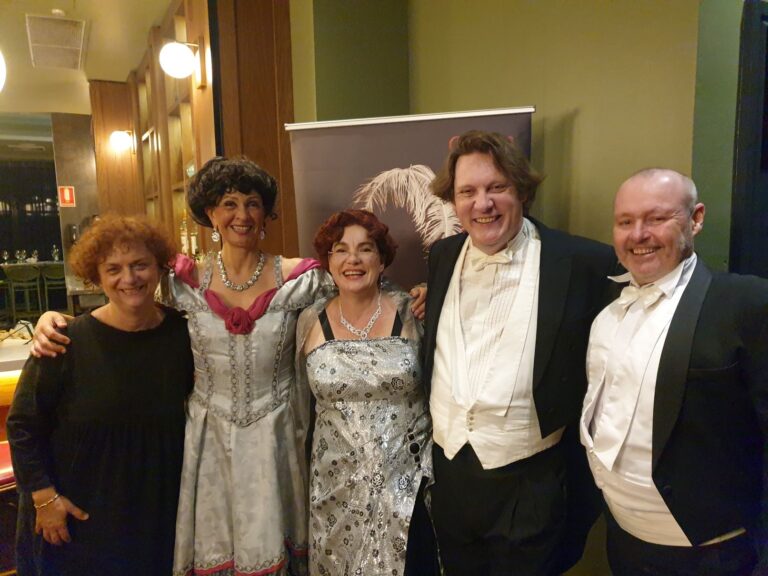
Alice Springs convergence calls for Macklin’s resignation

East Coast mob, friends from the south, elders and youngsters from all around Australia met in Alice Springs for four days last week to discuss and plan a way forward from the problems caused by the federal Intervention in Northern Territory communities.
Norman George, Chairperson of the North Australian Aboriginal Justice Agency, addressed a rally that marched through Alice Springs at the end of the convergence.
He said the measures adopted by the Intervention had no clear evidence base but instead had caused an increase in the criminalisation of Aboriginal people.
“Sadly the government hasn’t embarked on genuine consultation with Aboriginal people, and I say sadly, because they have missed an important opportunity to listen to the Aboriginal people,” Mr George said.
“NAAJA believes that only a genuine Northern Territory community-led approach will allow for the creation of effective long term solutions in Aboriginal communities.”
NAAJA has observed a drastic increase in low-level offences coming before the courts, such as driving and traffic offences, and a sharp rise in incarceration of Aboriginal people.
Mr George said if the government wants to deal with the problems of alcohol abuse, rather than impose blanket bans, it should make a real commitment to support and introduce rehabilitation services that are not available to communities.
A statement written by the women participants at the convergence, read by Christina Abdullah at the rally last Friday, called for the resignation of Indigenous Affairs Minister Jenny Macklin.
“We are communities being devastated by this government’s intervention.
Aboriginal women are leaders in our own right, we don’t need a white women to stand up there tell us what to do,” Christina Abdullah said.
“For three years the removal of our human rights has been justified with lies about protecting women from violence, and lies about feeding our children.
“We are living proof of the damage caused to Aboriginal people of the Northern Territory who are trying to survive and live and practise our way of life.
The women also condemned the NT government’s Working Future policy.
“This is about closing our homelands and our outstations,” the women’s statement said.
This is damaging and destructive for our family, extended family, language, law and culture. That’s our identity passed down through generations, that’s what makes us the oldest living culture in the world.”
The convergence had a strong focus on land, law and culture as a means of engaging in the political struggle for Aboriginal rights.
John Hartley, a Yalanji man (far north Queensland) who now lives in South Australia, addressed the media on behalf of the gathering.
He said the worst impact of the intervention was to economically force people away from their country as cuts to the CDEP program have meant a loss of jobs in homeland communities.
“It’s taking people away from their language and their ceremony place, it’s about wiping that out completely,” Mr Hartley said.
“We can’t let that happen, because when that happens there’ll be no more music in this country, it won’t talk to you, those hills, they’ll be quiet.”









